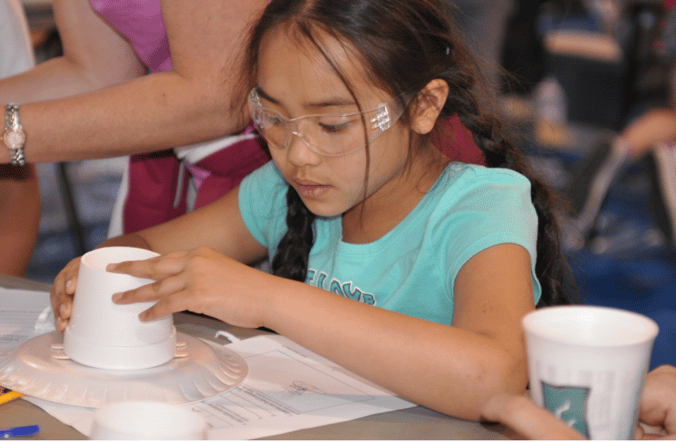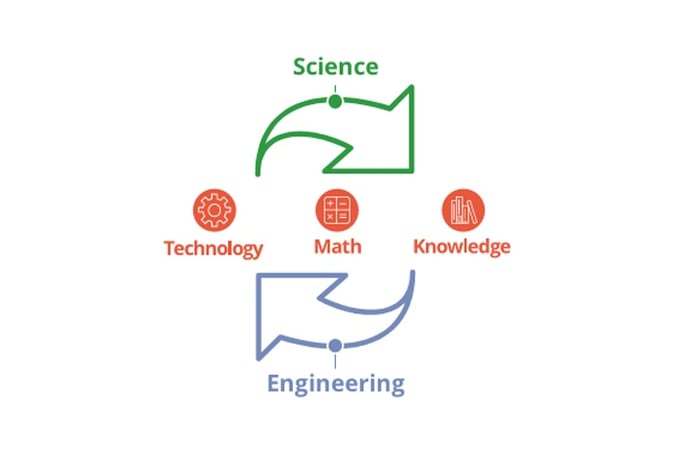The widely established 5E teaching sequence – which includes the progressive stages Engage, Explore, Explain, Elaborate, and Evaluate – is helpful for informing the design of science programs, units, and lessons.
As helpful as it can be, the 5E instructional model is now more than 60 years old. What’s more, recent advances in science, technology, engineering, and math (STEM) have raised concerns over the model’s linear theory of learning.
This invites the question: Does the traditional 5E learning model support the Next Generation Science Standards (NGSS)? Or does the 5E model need adaptation to align with NGSS best practices?
In this article, we’ll cover everything you need to know about the 5E learning model, including:
- The 5E Model: What It Is and How It Works
- Advantages and Disadvantages of 5E Lesson Plans
- The 5E Model and Next Generation Science Standards


















